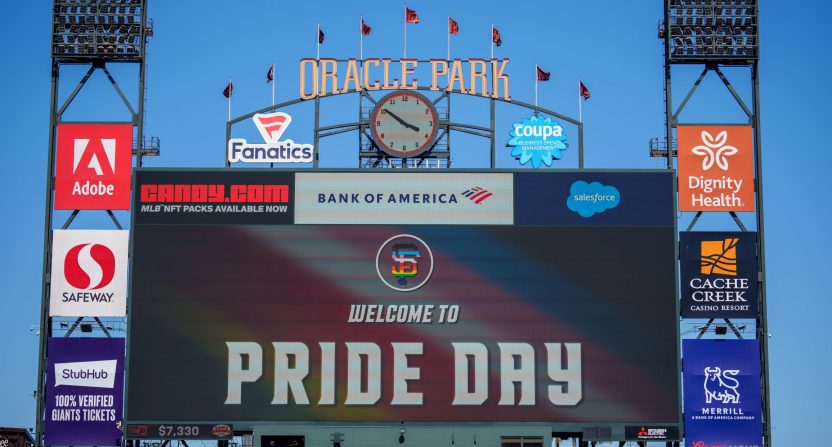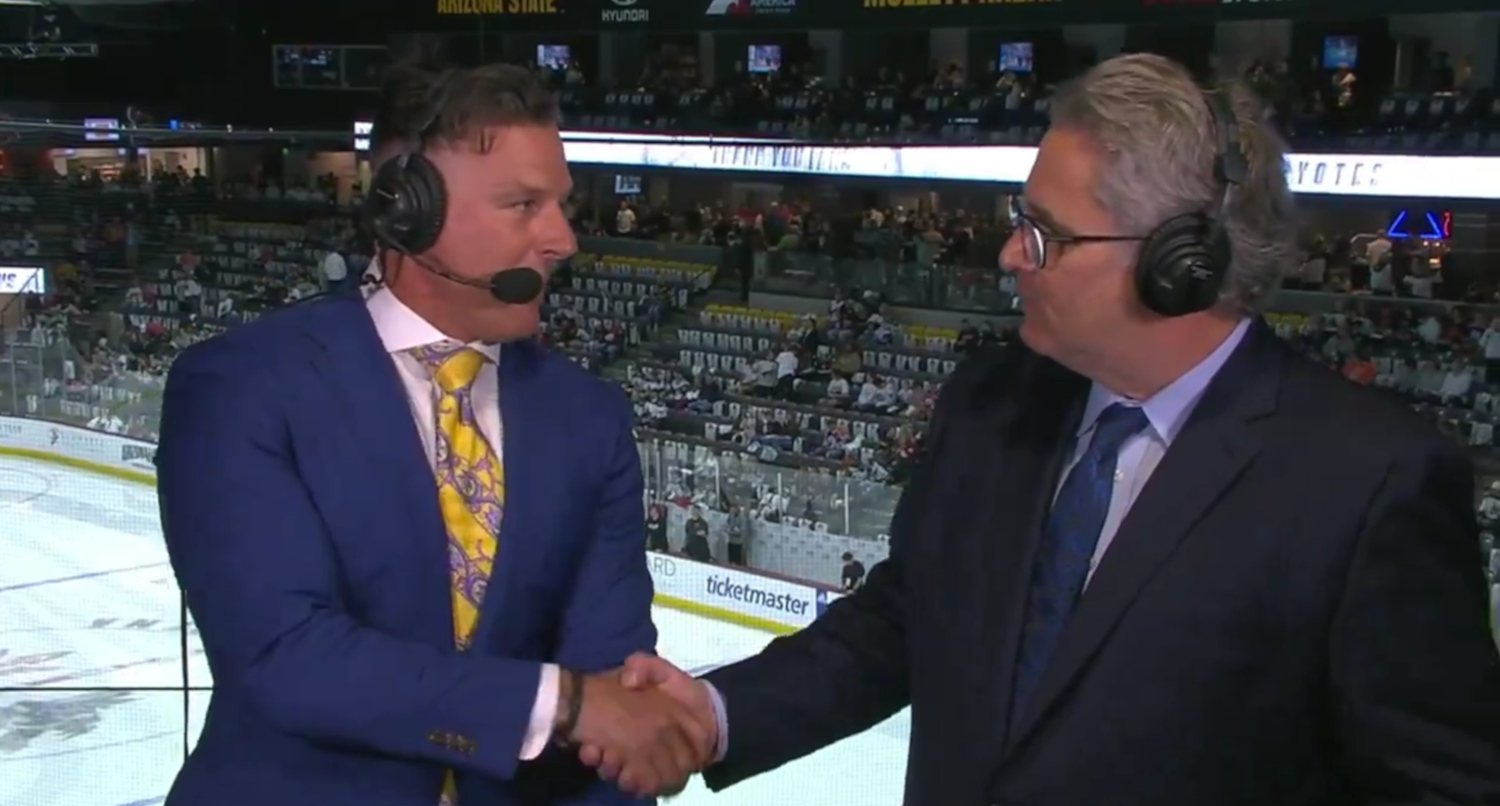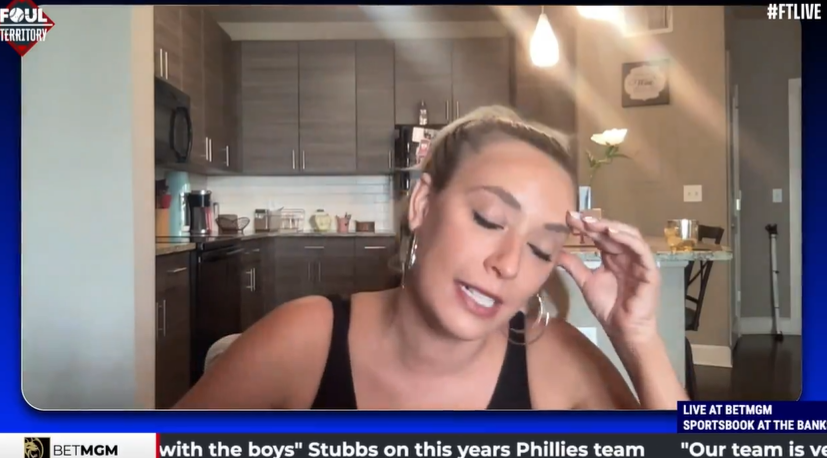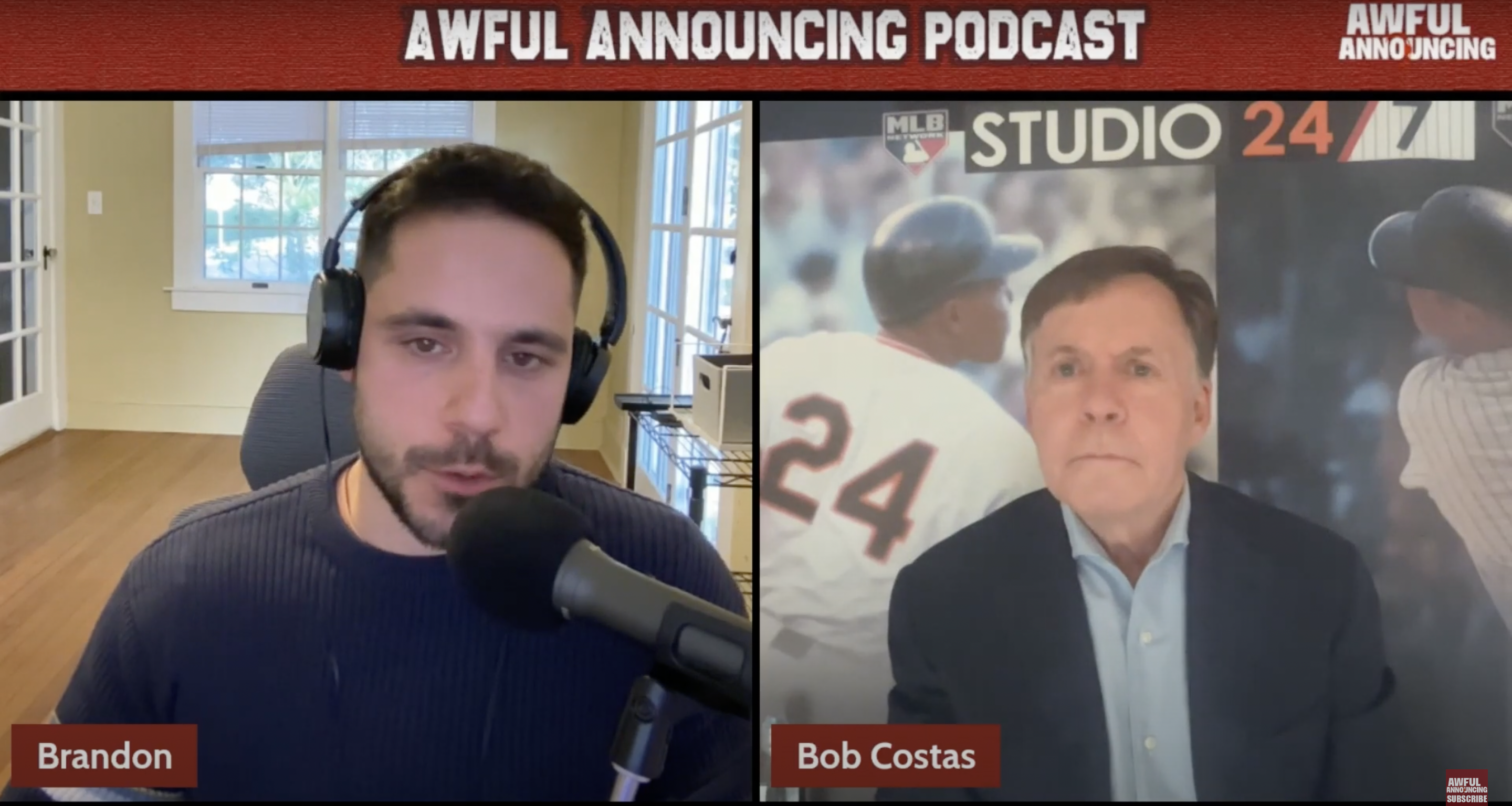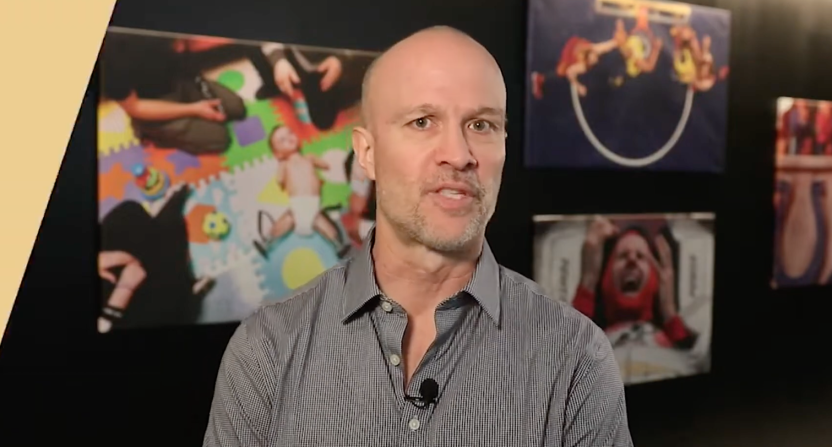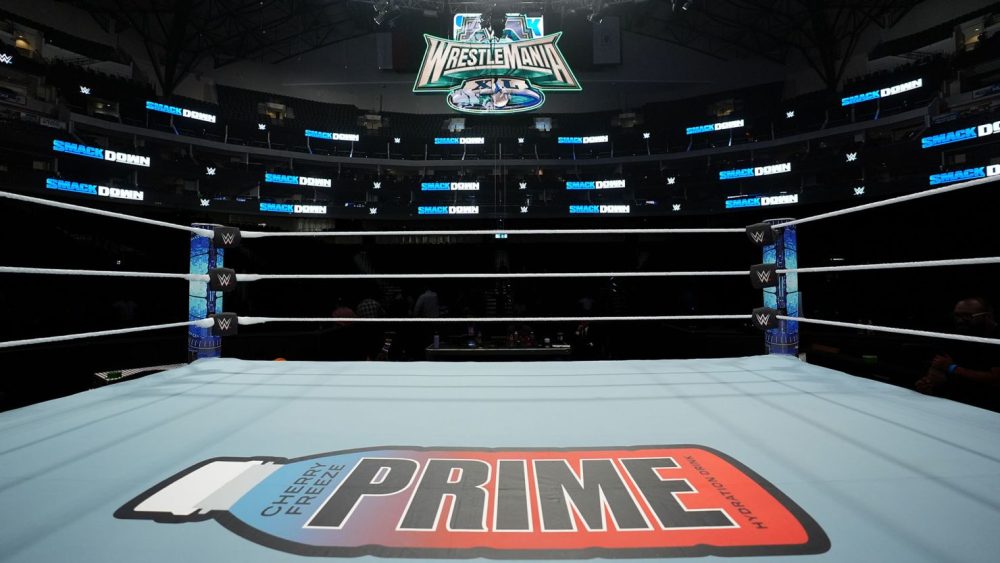Pride Month is now a war. Despite a decade-long ascendence towards cultural ubiquity, brands that embrace the rainbow flag during June are now facing blowback. While the campaign against Bud Light and its partnership with transgender TikTok star Dylan Mulvaney–and its relative success–has sparked the latest wave of Pride backlash, the anti-Pride movement became revitalized last year on the baseball diamond.
Five Tampa Bay Rays pitchers refused to wear rainbow patches on their uniforms during Pride Night, saying they reject “gay behavior.” Then we saw seven pro rugby players in Australia also bag their Pride jerseys, and a pro soccer player in France, too.
Not to mention the tumult around the NHL’s Pride Nights this season, in which multiple players across the league declined to wear rainbow warmup jerseys.
It’s easy to host Pride Nights or sell Pride merchandise when nobody raises objections and the rainbow dollars role in. It’s more difficult when teams and corporations experience backlash.
Then the question becomes, how much will you risk to support LGBTQ people? On the sports side of the equation, the answers have largely been insulting. One of the worst statements on the issue came from NHL commissioner Gary Bettman (shocking), who said LGBTQ fans have to respect the “individual choice” of players to not support them.
In other words, Bettman was asking a marginalized group to tolerate the bigotry of others. It’s an old tale.
But now, the focus turns to MLB. Players are already expressing far more opposition to Pride Night traditions than in previous years, and the calendar just flipped to June. Every team except the Rangers is scheduled to host one, meaning no club may be exempt from the burgeoning controversy.
This season, MLB teams won’t be able to just sell some jerseys with rainbow insignias and move on. They’ll be asked to actually stand up for their LGBTQ fans.
Allow the Dodgers to be an example of how to act. After initially capitulating and disinviting the Sisters of Perpetual Indulgence from their Pride festivities, they reversed course last week. Once again, the Sisters, who use humor and religious imagery to highlight anti-gay discrimination, are slated to receive the team’s Community Hero Award.
The Dodgers quickly learned their acquiescence didn’t please anybody. Senator Marco Rubio, who whined in an open letter about the Sisters’ inclusion, used the Dodgers’ about-face as an opportunity to mock California.
In response to the team’s original cowardice, multiple LGBTQ groups pulled out of Pride Night altogether.
The Dodgers’ brief capitulation was surprising, considering they’re one of the most LGBTQ-friendly teams in sports. Their Pride Night is typically the largest of the year, and they employ out execs at the highest levels of the organization: Billie Jean King and her wife Ilana Kloss are minority owners, and Erik Braverman is a senior vice president.
But they corrected their misstep, showing their commitment to LGBTQ people runs deeper than a ticket promotion. The Sisters, who formed four decades ago in San Francisco and serve many diverse communities, have been unfairly maligned.
The attacks are now coming from Dodgers players, including one of the biggest names in the game. Clayton Kershaw said this week he disagrees with the Sisters’ invitation and thinks they mock religion. (It’s worth noting that Kershaw said his opposition to the Sisters is separate from his feelings towards the LGBTQ community.)
As an apparent compromise, the Dodgers are moving up Christian Faith Day to June 30. Kershaw says he pushed for the expedited date.
While the Dodgers are still being criticized in some circles, there’s nothing inherently anti-LGBTQ about celebrating Christians at the ballpark. To state the obvious, plenty of prominent Christians support LGBTQ rights.
The Dodgers aren’t kowtowing to Kershaw. Despite his objections, the Sisters are still coming to Dodger Stadium on June 16.
Journeyman hurler Blake Treinen also defamed the Sisters, saying they “promote hate of Christians and people of faith.” Clearly, the right-hander needs to take a course in satire.
The Dodgers are rightfully ignoring him.
More than 2,500 miles away, the Blue Jays told one of their mediocre pitchers, (and apparent anti-gay bigot) Anthony Bass, to apologize for sharing a social media post that supports the boycotts of Bud Light and Target. On Tuesday, Bass, who rose to infamy for publicly calling out a flight attendant, said he’s using the club’s resources to “better educate himself going forward.”
As a result, conservatives are accusing the Blue Jays of enacting Orwellian restrictions on their players’ right to free speech. But here’s why that argument falls flat: nobody is saying Bass doesn’t have a right to share anti-LGBTQ content on social media.
But his employer, the Blue Jays, is hosting Pride Weekend at their ballpark in the coming days. Understandably, they don’t want one of their players ripping the same community they’re trying to celebrate.
That doesn’t mean Bass should be cut for sharing one social media post. But his behavior undercuts the very purpose of Pride Night. How could LGBTQ fans feel truly welcome when they know one of their team’s players wants people to boycott Target over Pride merch?
By taking action, the Blue Jays are showing their LGBTQ fans aren’t dispensable. The Dodgers are doing the same.
The blueprint is laid out. We’ll see if the rest of MLB follows.

